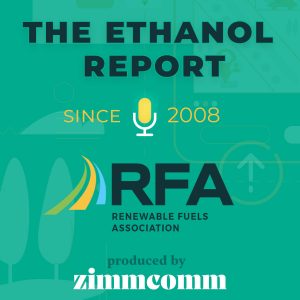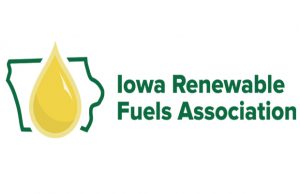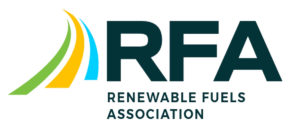 Members of the Governors’ Biofuels Coalition are urging Congressional leaders to provide relief for the biofuels industry in the latest COVID-19 emergency relief package being considered.
Members of the Governors’ Biofuels Coalition are urging Congressional leaders to provide relief for the biofuels industry in the latest COVID-19 emergency relief package being considered.
Coalition chair and vice chair South Dakota Governor Kristi Noem and Minnesota Governor Tim Walz sent a letter to Senate and House leadership this week urging them to support the Senate’s Renewable Fuel Feedstock Reimbursement Act of 2020, introduced by Senator Grassley and Senator Klobuchar, and the Renewable Fuel Reimbursement Program provision, included in the HEROS Act passed by the House, to provide critical emergency relief for renewable fuel producers.
Nearly three-fourths of the nation’s 204 ethanol plants are fully or partially idled, resulting in worker layoffs, lost markets for farm commodities, and constrained supplies of critical ethanol co-products. The ethanol industry estimates it will suffer at least $10 billion in ethanol losses in 2020 due to covid-19. Rural America — with the ethanol industry’s 350,000 direct and indirect jobs — is facing an economic crisis of historic proportions. “We are heartened that both the House and the Senate are working to mitigate these hardships,” the governors wrote.
Renewable Fuels Association President and CEO Geoff Cooper thanked the governors for their support. “These governors have seen first-hand how important ethanol and other renewable fuels are to their states, and they have witnessed the devastating impact the pandemic has had on ethanol plants and the communities they serve. We agree with the governors on the vital importance of ensuring Congress acts quickly to provide assistance to these businesses and the 350,000 men and women whose jobs are supported by the ethanol industry.” \










